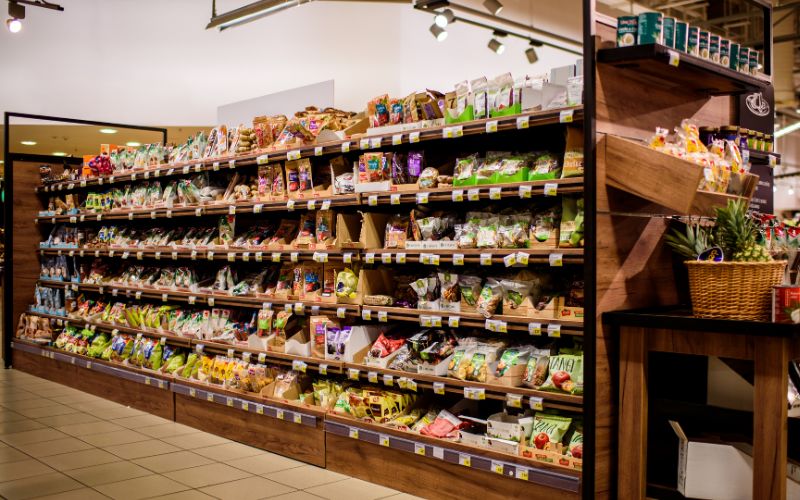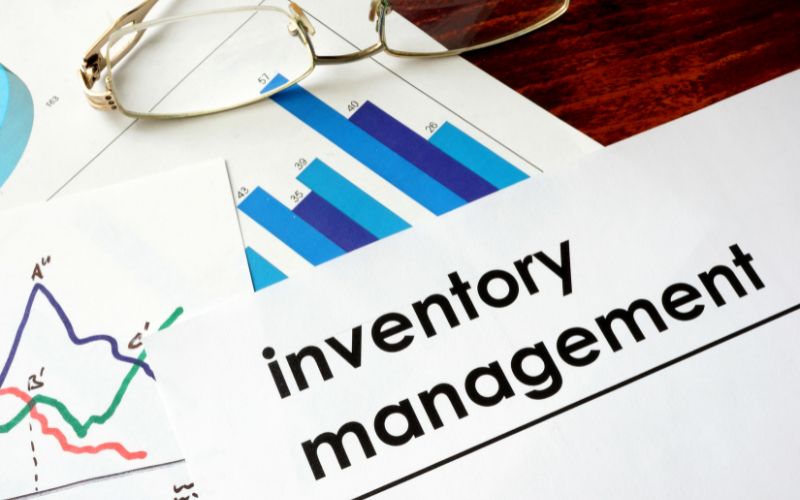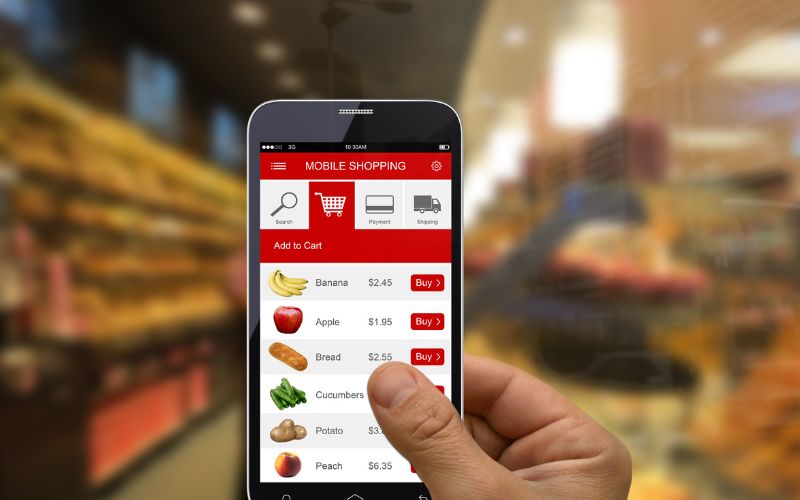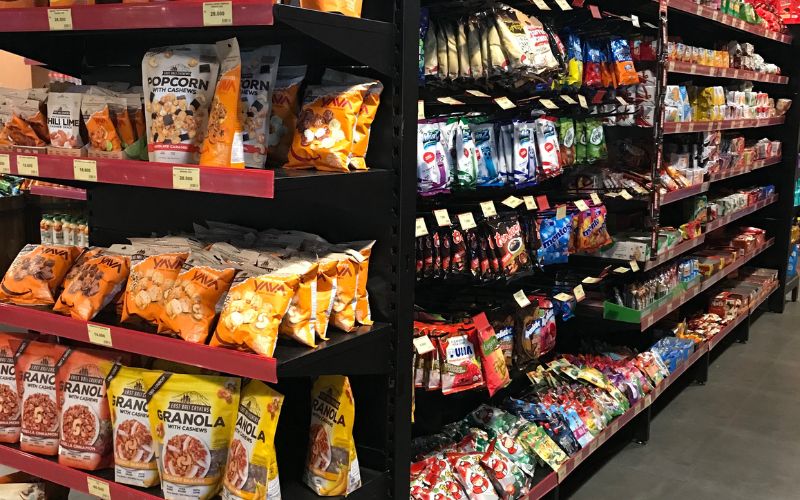A retail wholesaler is a business that buys products from manufacturers in large quantities and then sells them to retailers, like supermarkets, in smaller quantities. This relationship between supermarkets and retail wholesalers is like a partnership where both parties benefit. Retail wholesalers play a crucial role for supermarkets by offering them the advantage of purchasing goods in bulk, leading to cost savings. The importance of this relationship is significant for small supermarkets, as it allows them to compete more effectively with larger retailers, enhance their product offerings, and ultimately serve their customers better.
Let’s take a closer look at how supermarkets get advantages from working with retail wholesalers.
1. Cost Efficiency
Cost efficiency is a critical aspect of how supermarkets benefit from their relationship with retail wholesalers. Firstly, the bulk purchasing advantages provided by retail wholesalers translate into significant cost savings on inventory for small supermarkets. By buying products in large quantities, supermarkets can take advantage of volume discounts and reduced per-unit costs. This not only contributes to overall savings but also allows supermarkets to maintain a competitive pricing strategy. Additionally, the collaboration with retail wholesalers leads to reduced transportation costs. This occurs through economies of scale in delivery, where the wholesalers can optimize their logistics operations due to the large quantities being shipped. Furthermore, shared distribution networks enable both the retail wholesaler and the small supermarket to benefit from streamlined and more cost-effective delivery processes. In essence, the cost efficiency derived from bulk purchasing and optimized transportation contributes substantially to the financial health and competitive edge of supermarkets in the retail landscape.
2. Diverse Product Range
Having a diverse product range is a significant benefit for supermarkets through their collaboration with retail wholesalers. Firstly, these supermarkets gain access to a wide variety of products, allowing them to expand their inventory and cater to diverse customer preferences. This not only enhances the shopping experience but also attracts a broader customer base. Additionally, the partnership provides supermarkets with the ability to meet specific customer demands promptly. Retail wholesalers, with their extensive product portfolios, empower supermarkets to respond effectively to changing market trends and consumer needs.

Furthermore, the collaboration offers flexibility in product offerings, enabling supermarkets to adapt quickly to shifts in demand or seasonal variations. In essence, the diverse product range facilitated by retail wholesalers contributes to the competitiveness and adaptability of supermarkets in the retail landscape.
3. Improved Negotiation Power
Enhanced negotiation power is a notable advantage that supermarkets gain through their association with retail wholesalers. Firstly, this partnership puts supermarkets in an improved bargaining position with suppliers. The combined purchasing power of the Retail Wholesaler and the supermarket allows for more favourable negotiations on quantities and terms. Additionally, supermarkets can negotiate for better terms and pricing, given the larger volumes involved in wholesale transactions. This not only contributes to cost savings but also enhances the overall profitability of the supermarket. Moreover, the collaboration provides increased leverage when dealing with manufacturers, as the collective strength of the retail supply chain allows for more assertive negotiations on quality standards, delivery schedules, and pricing structures. Ultimately, the improved negotiation power derived from the association with retail wholesalers empowers supermarkets to secure better deals and maintain a competitive edge in the market.
4. Inventory Management
The benefits of retail wholesalers for supermarkets extend significantly to the realm of inventory management. Firstly, through collaboration with retail wholesalers, supermarkets experience a reduced risk of overstocking or understocking. The bulk purchasing advantages enable these supermarkets to maintain optimal inventory levels, minimizing the chances of excess or insufficient stock. This not only saves costs associated with excess inventory but also ensures that shelves are adequately stocked to meet customer demands.

Furthermore, the efficient handling of seasonal variations is facilitated by retail wholesalers, allowing supermarkets to adjust their inventory to align with changing customer preferences throughout the year. Additionally, the collaboration enables the implementation of just-in-time inventory strategies, where products are restocked precisely when needed, contributing to operational efficiency and cost-effectiveness. In essence, the partnership with retail wholesalers provides supermarkets with crucial tools for effective inventory management, ensuring a balance between supply and demand to enhance overall business performance.
5. Marketing Support
Firstly, through coordinated efforts, supermarkets can engage in joint promotional campaigns and collaborative advertising with retail wholesalers. This not only fosters synergy between the two entities but also amplifies the impact of marketing initiatives. Secondly, supermarkets gain access to marketing resources and expertise through their partnership with retail wholesalers. This collaboration provides insights, strategies, and tools that may otherwise be challenging for supermarkets to access independently.

Lastly, the association with retail wholesalers enhances the visibility of supermarkets in the market. The collaborative marketing efforts contribute to increased awareness among consumers, attracting more foot traffic and potential customers. In essence, the marketing support provided by retail wholesalers is instrumental in boosting the promotional activities, resources, and visibility of small supermarkets, thereby enhancing their market presence.
6. Risk Mitigation
The collaboration between supermarkets and retail wholesalers offers effective risk mitigation strategies. Firstly, there is a shared responsibility for product quality and safety. By working together, both parties contribute to ensuring that the products meet certain standards, reducing the risk of issues related to quality and safety. Secondly, supermarkets benefit from reduced financial risks through bulk purchasing. The economies of scale achieved through wholesale transactions enable cost savings, minimizing the financial impact on small supermarkets. Additionally, the partnership fosters adaptability to market fluctuations. The combined strength of the retail supply chain allows supermarkets to adjust inventory and strategies swiftly in response to changes in market demand, economic conditions, or other external factors. In essence, the collaboration with retail wholesalers provides supermarkets with a risk-mitigation framework that encompasses product quality, financial considerations, and adaptability to market dynamics.
7. Technology Integration
The integration of technology is a pivotal aspect of the benefits supermarkets derive from their collaboration with retail wholesalers. Firstly, the partnership grants supermarkets access to advanced inventory management systems. These sophisticated tools enable precise tracking of stock levels, optimizing inventory control, and minimizing the risk of overstocking or understocking. Secondly, technology integration facilitates streamlined order processing. Through digital platforms and automated systems, orders can be placed, tracked, and fulfilled efficiently, reducing manual errors and enhancing the overall speed of operations.

Lastly, the collaboration with retail wholesalers leads to enhanced efficiency through data-driven insights. Utilizing data analytics, supermarkets can glean valuable information about consumer trends, preferences, and buying behaviour. This data-driven approach empowers decision-making processes, allowing for more informed choices in product selection, pricing, and marketing strategies. In summary, the integration of technology through collaboration with retail wholesalers equips supermarkets with advanced tools for inventory management, order processing, and data-driven decision-making, contributing to overall operational efficiency and competitiveness in the market.
Read More: Why Shelf Management Plays a Key Role in Retail Store
Conclusion:
So the collaboration between supermarkets and retail wholesalers forms a mutually beneficial partnership that empowers small businesses with cost-effective solutions, diversified product offerings, and enhanced operational efficiency. The symbiotic relationship, built on shared responsibilities and strategic advantages, positions both parties for success. As they navigate the evolving retail landscape, the integration of technology and a commitment to sustainable practices further underscore the growth potential. The future outlook for this collaboration is optimistic, urging supermarkets and retail wholesalers to continue leveraging each other’s strengths, exploring innovative avenues, and collectively contributing to a resilient and thriving retail ecosystem.





